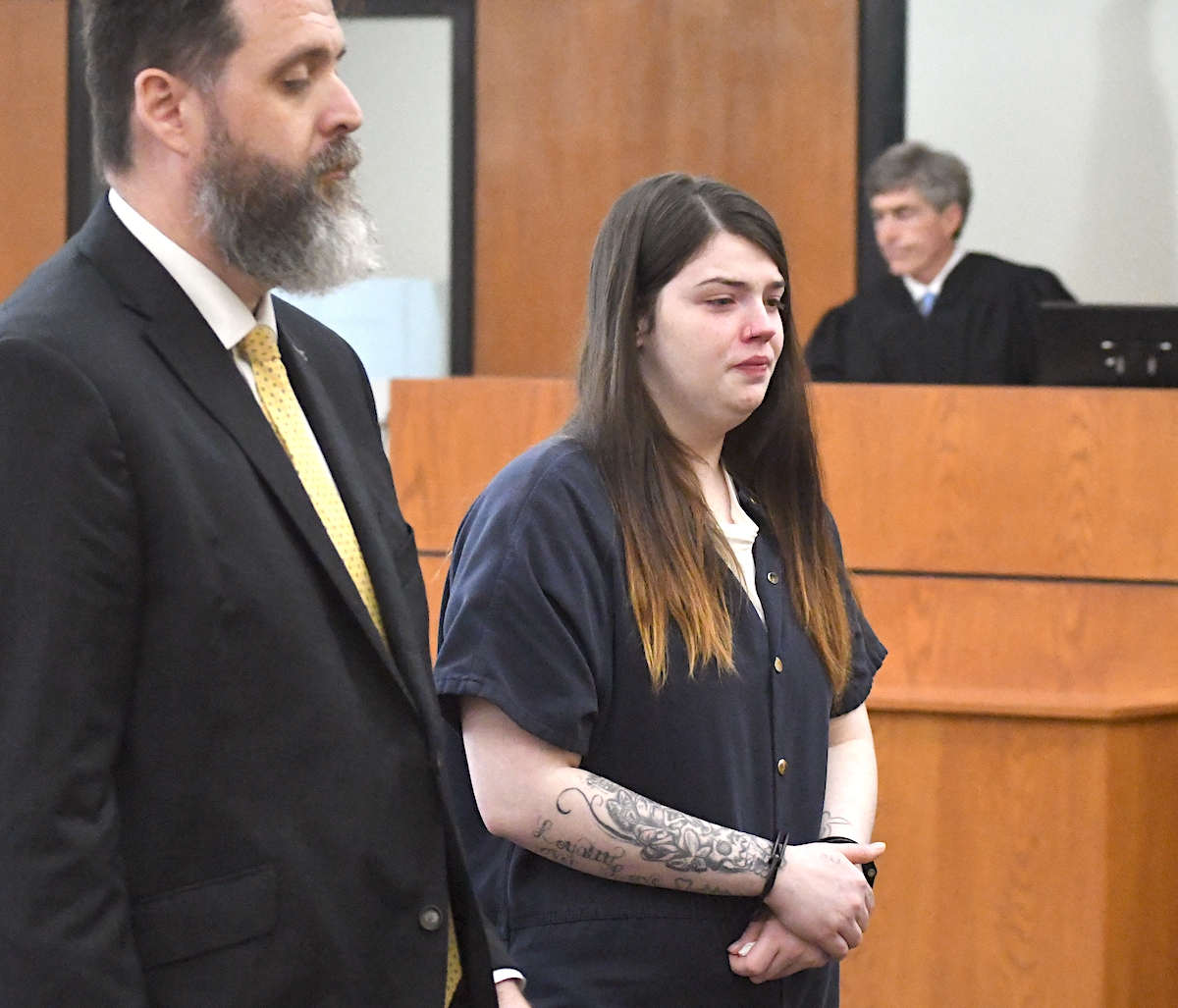Hidden practice leads to higher prices at the pharmacy for Ky. patients
Published 6:26 am Wednesday, October 25, 2017
Patients across Kentucky rely on prescription medications to stay healthy. Whether it’s a chronic health condition like epilepsy or a short-term illness, these medications allow Kentuckians to lead more comfortable, productive lives.
Most of us are so familiar with the process to fill a prescription that we may not even think much about it. You take your script to the pharmacy, pay your copay or coinsurance, get your medication and go on with your day.
However, many people are unaware of a hidden practice that could be forcing them to overpay for their medications. Pharmacy Benefit Managers, commonly referred to as PBMs, play a major role in determining how much you pay out-of-pocket for your prescription medications.
Trending
PBMs and insurers today are burdening patients with higher out-of-pocket costs for medications, provider visits and medical procedures, and Kentuckians are feeling the impact on their finances.
At the pharmacy, out-of-pocket costs come in the form of copays or coinsurance. And sometimes, a patient’s out-of-pocket costs end up being more than the actual retail price of their medicine. When this happens, PBMs simply pocket the difference. This practice, known as “clawback”, takes money out of patients’ wallets to boost the PBM’s bottom line. I want to be clear that the pharmacy does not keep the overpayment. It is recouped by the PBM.
I recently had the opportunity to testify about the clawback practice before the Kentucky General Assembly, and shared a real-world example. A patient in Kentucky paid $101.49 for her medication, per her insurance plan which requires a 20 percent coinsurance payment. She later discovered that the amount paid to her pharmacy by the PBM was only $49.45, and the PBM had kept the additional $52.04 that she had been charged.
In short, she unknowingly overpaid $52 for her medication, and for no reason other than to bolster the profits of the PBM. I think we could all find better ways to use our own money!
Unfortunately, this entire process takes place in the shadows, just as the PBMs prefer. Patients have no way of knowing it is even happening, nor are they aware that they could save money by paying cash instead of using their insurance. Pharmacists are contractually prohibited by PBMs from disclosing this information. So, patients continue to pay more than necessary for their medications while PBMs’ profit margins climb higher and higher.
The “clawback” issue has already been addressed in several states and is on the list for upcoming legislative sessions in many more. For example, Louisiana and Arkansas have enacted policies to ensure that a patient’s prescription copay or coinsurance does not exceed the total amount the pharmacy receives from all payment sources for a medication (drug costs and dispensing fees).
Trending
I encourage the Kentucky General Assembly to follow suit and pass legislation to stop this outrageous and unfair practice that does nothing to serve patients and only exists to benefit the PBMs.
At a time when so many Kentuckians are struggling to make ends meet, no one should be asked to overpay for their medications. It is time we pull back the veil on PBMs and protect Kentuckians.
Deb McGrath is the executive director and co-founder for the Epilepsy Foundation of Kentuckiana.






